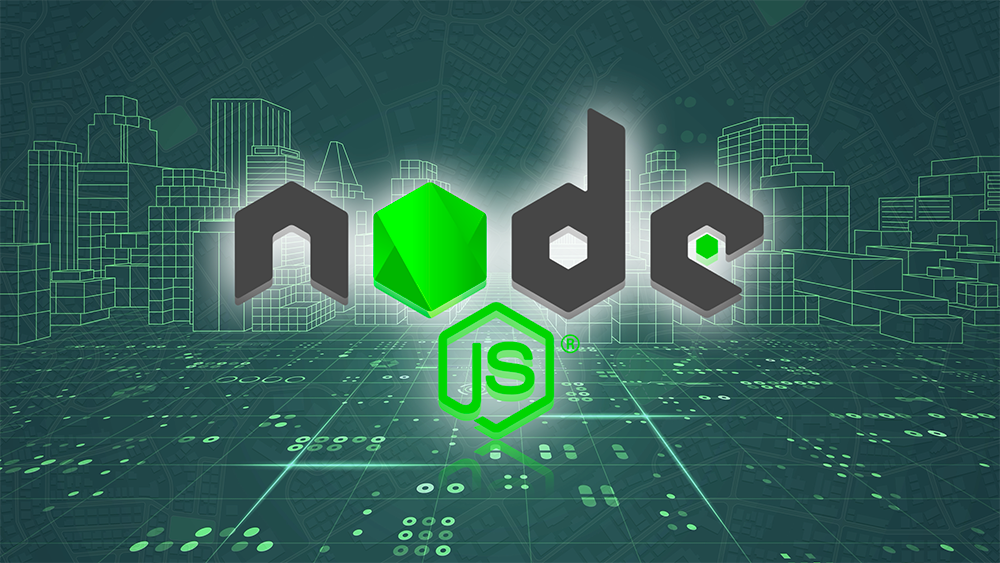Introduction: One name has been making waves and igniting conversations among developers worldwide in the dynamic field of software development: Deno. Deno, which promises to rectify the problems of its predecessor while bringing novel features that promise to completely transform the way we develop server-side applications, was conceived by Ryan Dahl, the visionary behind Node.js. The ascendancy of Deno heralds a new age in software development and presents formidable obstacles to Node.js’s hegemony.
Understanding the Shift: From Node.js to Deno
Node.js, with its asynchronous event-driven architecture, has been a cornerstone of server-side JavaScript development for over a decade. However, as projects grew in complexity, Node.js revealed certain limitations and pain points. Dependency management, security concerns, and the absence of a built-in module system were among the issues that developers faced regularly.
Enter Deno. With a fresh perspective and lessons learned from Node.js, Deno sets out to address these challenges head-on. One of its most notable features is secure by default, meaning that code executed by Deno runs in a sandboxed environment with restricted access to the system, enhancing security and mitigating potential vulnerabilities. Moreover, Deno boasts a built-in module system, eliminating the need for a package manager like npm and reducing dependency hell.
The Advantages of Deno Over Node.js
Improved Security: Deno’s security model, which grants or denies access to resources on a granular level, enhances the overall security posture of applications.
Simplified Dependency Management: With Deno, dependencies are imported directly from URLs, reducing the complexity associated with package.json files and node_modules directories.
TypeScript Support: Deno natively supports TypeScript, enabling developers to write code in a statically typed language without the need for additional configuration or tooling.
Built-in Tools: Deno comes bundled with a set of essential tools, including a runtime environment, a package manager, and a build system, streamlining the development process.
Challenges on the Horizon
Despite its promising features, Deno faces several challenges on its journey to widespread adoption.
Ecosystem Maturity: Deno’s ecosystem is still in its infancy compared to Node.js, which boasts a vast repository of libraries and frameworks. As developers transition to Deno, building a robust ecosystem will be crucial for its long-term success.
Compatibility Concerns: Migrating existing Node.js projects to Deno may pose compatibility challenges due to differences in APIs and module systems. Developers must weigh the benefits against the potential migration overhead.
Community Adoption: Building a vibrant and supportive community around Deno is essential for fostering collaboration, sharing knowledge, and driving innovation. Convincing developers entrenched in the Node.js ecosystem to embrace Deno requires effective community-building efforts.
The Future of Software Development with Deno
As Deno continues to mature and address its challenges, it holds the promise of reshaping the future of software development. With its emphasis on security, simplicity, and developer experience, Deno offers a compelling alternative to Node.js for building scalable and secure applications.
However, the transition from Node.js to Deno will not happen overnight. It requires careful consideration, experimentation, and collaboration within the developer community. Nevertheless, the rise of Deno signifies a new chapter in the evolution of server-side JavaScript, marked by innovation, adaptability, and a relentless pursuit of excellence.
In conclusion, while Node.js remains a dominant force in the world of server-side JavaScript, Deno represents a disruptive challenger poised to redefine the status quo. By addressing the limitations of its predecessor and introducing novel features, Deno presents a compelling vision for the future of software development—one where security, simplicity, and developer empowerment take center stage. As we embark on this journey of transformation, one thing is clear: the future is bright, and Deno is leading the way.
1. FAQ: Is Deno a replacement for Node.js?
Short Answer: Deno is not a direct replacement for Node.js but rather an alternative with its own set of features and advantages. While it shares similarities with Node.js, Deno introduces innovative concepts and addresses some of Node.js’s limitations.
2. FAQ: Can I use my existing Node.js modules with Deno?
Short Answer: Deno has a different module system compared to Node.js, so direct compatibility with existing Node.js modules may be limited. However, efforts are underway to provide tools and libraries for seamless migration and interoperability between Node.js and Deno.
3. FAQ: How does Deno improve security compared to Node.js?
Short Answer: Deno enhances security by running code in a sandboxed environment with restricted access to resources. It adopts a security-first approach, minimizing the risk of common vulnerabilities such as injection attacks and unauthorized access to sensitive data.
4. FAQ: Is TypeScript required to use Deno?
Short Answer: While Deno natively supports TypeScript, it also allows developers to write code in JavaScript. However, leveraging TypeScript offers benefits such as static typing, enhanced code readability, and improved tooling support.
5. FAQ: What challenges should developers anticipate when transitioning from Node.js to Deno?
Short Answer: Developers may encounter challenges such as differences in APIs, module systems, and ecosystem maturity when transitioning from Node.js to Deno. Careful planning, evaluation of dependencies, and community support can help mitigate these challenges during the migration process.


